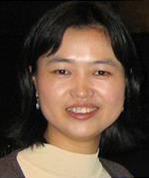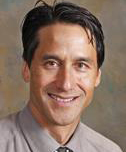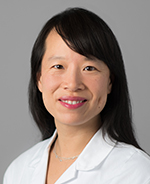Professor
Novel Microfluidic Meshworks for Use in Glaucoma Drainage Implants
Dr. Han, Professor of Ophthalmology, Co-Director of the Glaucoma service, and Glaucoma Fellowship Director, is a glaucoma specialist whose research addresses the need for improved and fibrosis-free surgical implants for glaucoma. In collaboration with bioengineers and material sciences, she leads NIH-funded work developing novel microfluidic meshworks for use in glaucoma drainage implants. In addition, she has organized a multicenter international RCT to examine the role of intra- and postoperative mitomycin-C for use with Ahmed glaucoma valves. Other projects include integrated wireless microactuators for fibrosis control in glaucoma drainage devices and microfluidic contact lens sensors for intraocular pressure monitoring.
To Learn More:
https://profiles.ucsf.edu/ying.han
Research Areas:
Glaucoma
Learn more about UCSF Ophthalmology faculty research.







